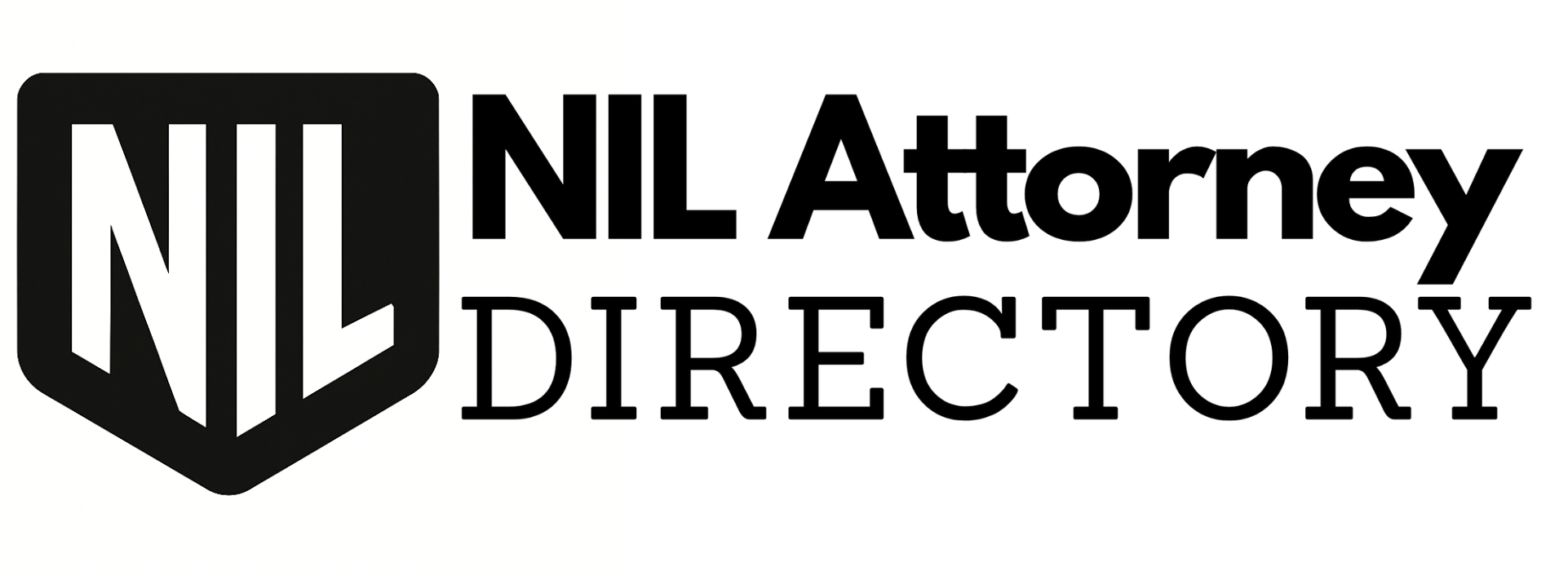Do You Really Need an Attorney for Every NIL Deal?
When It’s Essential and When It’s Optional
In the NIL era, opportunities come in all shapes and sizes. Some are straightforward—like a local restaurant offering free meals in exchange for a few social media posts. Others are far more complex, involving multi-page contracts, national brands, and significant money. That leaves many athletes and families asking: Do I really need an attorney for every NIL deal?
The short answer is: not always—but knowing when to involve an attorney can save you from costly mistakes.
When an Attorney Is Essential
There are certain situations where legal review isn’t just smart, it’s critical:
1. Multi-Page Contracts With Fine Print
If the deal involves a detailed written contract, you should always have an attorney review it. These contracts often include exclusivity clauses, intellectual property rights, and termination conditions that can limit your future opportunities.
2. Significant Financial Value
The higher the dollar amount, the more risk is involved. For deals worth thousands of dollars—or ongoing payments—an attorney ensures you get what you’re promised and aren’t signing away long-term rights.
3. Intellectual Property Rights
If a contract references your name, image, logo, or likeness, you need legal protection. Attorneys safeguard your ownership and prevent companies from using your brand indefinitely.
4. Cross-Border or Multi-State Deals
National and international opportunities come with extra layers of legal complexity, including state laws, NCAA guidelines, and even immigration rules for international athletes.
5. Red Flags or Unfamiliar Partners
If you don’t know much about the company—or the deal seems “too good to be true”—an attorney can help verify legitimacy and protect you from scams.
When an Attorney May Be Optional
Not every NIL arrangement requires full legal review. For smaller, low-risk opportunities, you may not need an attorney each time. Examples include:
- A local business giving free merchandise or meals in exchange for casual promotion.
- Short-term, one-off deals with little or no contract involved.
- Partnerships handled directly through your school’s compliance office with clear guidelines.
Even in these cases, it’s smart to at least understand your reporting obligations to your school and the NCAA.
Striking the Right Balance
The goal isn’t to involve an attorney in every single NIL interaction, but to know when professional help is worth it. Think of it this way:
- Small, informal deals = lower risk.
- Written contracts or big money = higher risk, worth attorney review.
When in doubt, consider the long-term impact. A “small” mistake today—like signing away rights to your image—can cost you far more down the road than an attorney’s fee.
The Bottom Line
You don’t need an attorney for every NIL deal, but you do need one for the important ones. Anytime contracts, money, or intellectual property are on the line, legal guidance is essential.
An NIL attorney isn’t just about preventing problems—they’re about protecting your eligibility, your reputation, and your financial future. Before signing your next deal, ask yourself: What’s at stake if this goes wrong? If the answer is significant, it’s time to call an attorney.



